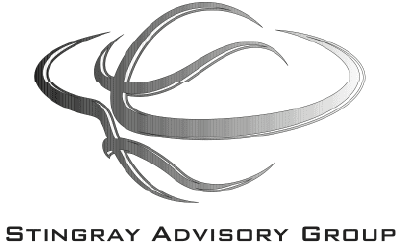Starting your own business comes with its own set of challenges and managing your resources is one of the biggest. Learning where to spend your money wisely is an early lesson.
In this blog, we'll explore things that might seem necessary but aren't actually essential when you're just starting out.
Some of these things can be tempting, but hold off on them as you get started can help you save money for the things that really matter!
Here are six things to hold off on for now.
1. Outsourcing tasks that you can do yourself
It's true that some tasks are so time-consuming that it makes sense to outsource them. However, there's a real difference between outsourcing complex tasks and handing off things you can easily do yourself.
Only outsource tasks that require expertise you don't have or significant time investment. In this case, passing off these tasks will allow you to focus your time and energy on the most impactful areas.
If you have the time and the right tools, managing your own social media accounts or handling administrative tasks can save you a lot of money. Don't rush to hire a team because most likely, you can learn the basics and take care of things yourself for now.
2. Renting office space
An office space can make you feel like you're at the next level of your business, but it's only necessary if you really need that much space. Office rent can be one of the biggest drains on your early-stage budget.
When you're just starting out, you probably don't need a permanent office at all. Remote work from home or shared coworking space make for a great option to start with. The reality is, you may not need to be physically in the same location as your team to be productive.
3. Branding more than necessary
Branding is important, but going overboard with overanalyzing logos and other branding elements. While you want a strong brand identity, you can still achieve it without investing unnecessary amounts of time.
Commonly branded items like packaging, business cards and other products can be a starting point. Anything more than that may be non-essential.
It's definitely cool to see your brand name on everything, but remember: the more revenue you generate, the more you can expand your branding efforts. Don't get lost in the details early on. Deliver value to your clients and your brand will naturally develop as your business grows.
4. Offering expensive employee perks
We know you want to give your team the best because they play a huge role in your business's success. After all, when they feel great, your business benefits from it.
The problem comes when you're offering perks that you can't afford yet. Perks like frequently catered lunches, fitness memberships or vacation days are great, but not necessary at the beginning.
While creating a positive work environment should be one of the top priorities, you don't need to go all out. Instead, offer things like flexibility, recognition and opportunities for growth. Regular gestures of appreciation and acknowledgement also go a long way in boosting morale without costing you too much.
5. Overstocking inventory
When it comes to inventory and supplies, it's common to stock up and save in the long run because these bigger purchases usually come with discounts. However, overstocking early on can hold up your finances and limit your flexibility, especially if that inventory is just sitting on the shelf.
Focus on keeping a lean inventory and using a strategy where you only purchase products and supplies as needed. This will reduce the risk of unsold inventory and lower the possible cost of storage space. As a bonus, you also get the ability to adapt to customer demand and adjust your product offerings more easily.
6. Planning an expensive marketing strategy without clear direction
Rather than investing in an elaborate and expensive marketing plan that lacks a focus, start small and be realistic. Early on, you're still figuring out your target audience and how to communicate with them effectively. Cost effective strategies like content marketing, social media and email newsletters are perfect for building brand awareness.
Once you have a better understanding of your customers' needs and your marketing efforts are more targeted, you can scale up and refine your strategy. This saves money, time and the mental hassle – all of which are essential resources as a business owner.
Entrepreneurship is an exciting adventure and we want you to make the most of your early stages. It's all about making smart choices and sometimes that means knowing where to cut costs. Every penny saved matters!
Author: Gary Wong
💬 What expense has saved you the most money when you decided to cut it out?
Feel free to let us know in the comments below!
📚 Want more insights on building your business with trust and integrity? Check out our blog for essential strategies for practical strategies that keep your values front and center here!
Want to receive more informative content like this?
Sign up for our monthly newsletter today!
About Stingray Advisory Group LLC: Stingray Advisory Group LLC is based in Grand Rapids,
Michigan, and is a proud member of People First Economy and the West Michigan Hispanic Chamber of Commerce. We help businesses thrive. By improving our client's sales over 60%, reducing their expenses and boosting their engagement by 40% or more, we enable our clients to refocus on what they love.
Email us at info@stingrayadvisorygroup.com to schedule a consultation. Follow us today on
Facebook, Twitter, and Instagram for more helpful tips!
To learn more, visit us at www.stingrayadvisorygroup.com




